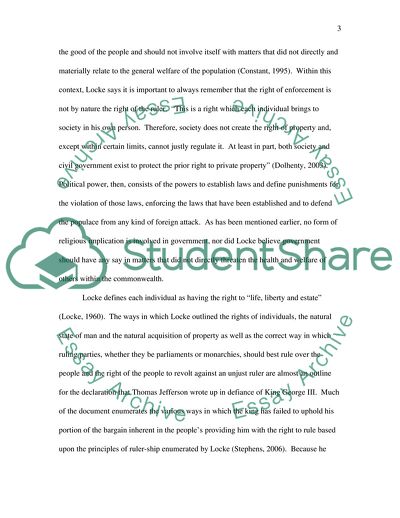Cite this document
(The US Constitution, for the People or the Nation Essay, n.d.)
The US Constitution, for the People or the Nation Essay. https://studentshare.org/law/1714621-the-united-states-constitution
The US Constitution, for the People or the Nation Essay. https://studentshare.org/law/1714621-the-united-states-constitution
(The US Constitution, for the People or the Nation Essay)
The US Constitution, for the People or the Nation Essay. https://studentshare.org/law/1714621-the-united-states-constitution.
The US Constitution, for the People or the Nation Essay. https://studentshare.org/law/1714621-the-united-states-constitution.
“The US Constitution, for the People or the Nation Essay”. https://studentshare.org/law/1714621-the-united-states-constitution.


